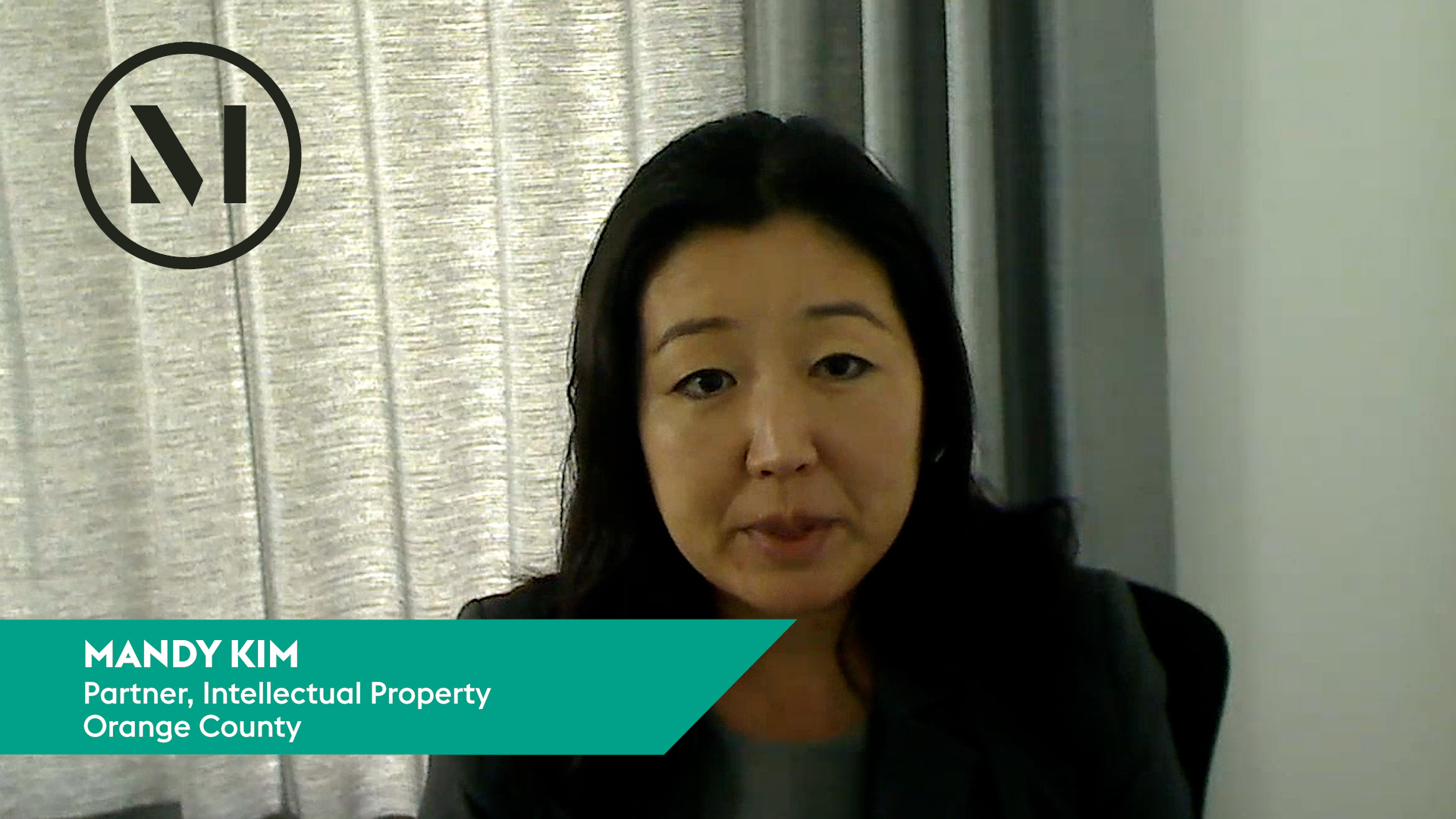On February 17, 2023, Germany ratified the Agreement on the Unified Patent Court (UPC) and triggered the UPC’s entry into force on June 1, 2023. The UPC will revolutionize patent enforcement across Europe and impact companies around the world that hold European patents or conduct business in Europe.
Owners of existing European patents or pending applications can “opt out” of the UPC’s jurisdiction for an initial transitional period of at least seven years. Companies must act now if they want to opt out before the court officially opens.
Understanding the UPC
The UPC will have exclusive jurisdiction over patent infringement and invalidity actions in its member states for patents granted by the European Patent Office (EPO), including existing European patents and new European patents with unitary effect (unitary patents). There are currently 17 EU Member States participating in the UPC (Germany, France, Belgium, Bulgaria, Denmark, Estonia, Finland, Italy, Latvia, Lithuania, Luxembourg, Malta, the Netherlands, Austria, Portugal, Sweden and Slovenia). Additional EU Member States may join the UPC in the future.
The UPC will have local and regional divisions in its member states, with a central division in Paris and Munich and a Court of Appeal in Luxembourg.
As a streamlined patent enforcement venue, the UPC will provide several new benefits to patent owners, including faster decisions with limited discovery and lower cost, and the possibility of injunctive relief throughout the member states. At the same time, the UPC will allow revocation of a patent in a single action with effect for all member states, alongside the possibility to oppose a European patent before the EPO.
European Freedom to Operate
Because of the UPC’s structure and incentives, patent litigation will likely increase in Europe, which will heighten the intellectual property (IP) infringement risk for companies doing business in Europe. If a company has not already done so, it should promptly review its competitors’ European patent estates to assess the potential risks and develop a defense strategy to avoid a surprise attack from a competitor after June 1, 2023.
European Enforcement Actions
Although the UPC is new and untried, it has the incentive to provide strong relief for those who trust it. If a company needs to bring a patent infringement action against a competitor and would like to do so in a fast, cost-effective manner, with the possibility of significant remedies, the UPC should be considered as a potential venue. The company should review its portfolio and infringement evidence to assess its opportunities.
Deciding Whether to Opt Out
The right to opt out European patent filings from the UPC’s jurisdiction will be available for an initial transitional period of seven years, which may extend to 14 years. It will be possible to reverse an opt-out, but not if the patent has been enforced or attacked in national court.
McDermott’s UPC Resource Center explores the various advantages and disadvantages of both staying in and opting out of the UPC.
read more

 Subscribe
Subscribe





